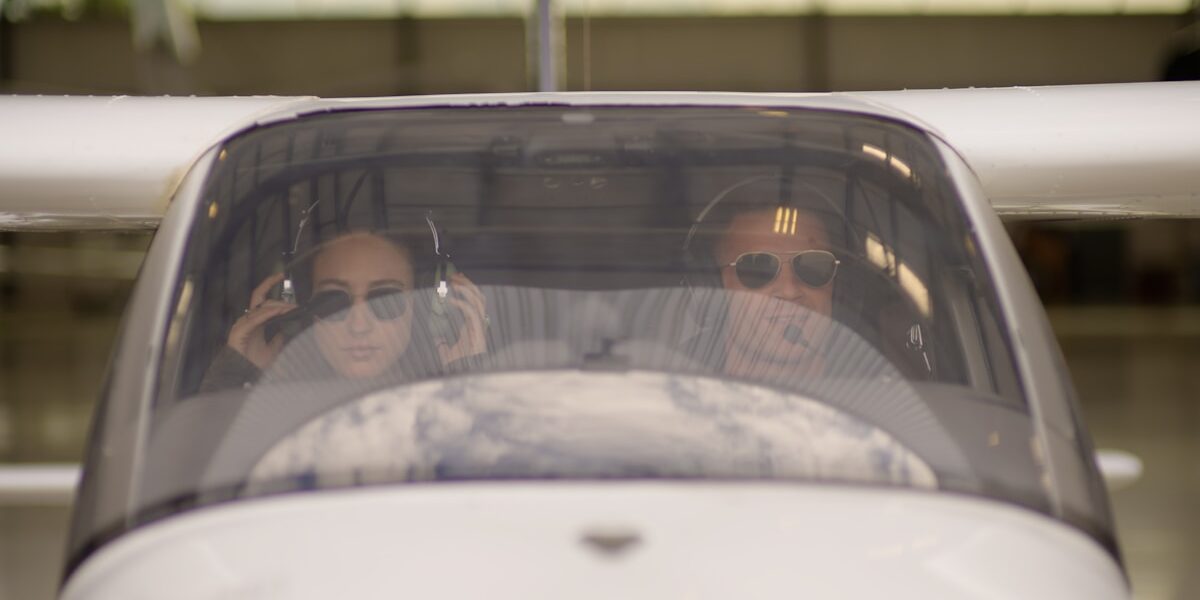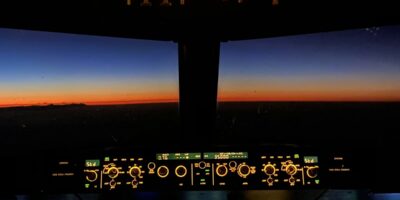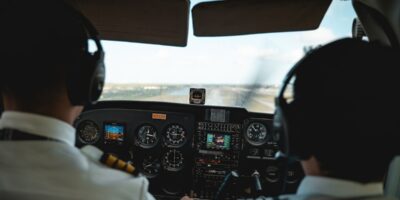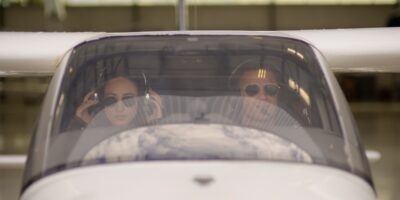How Hard is Flight School?
Deciding to become a pilot is a significant commitment. Flight school is a critical step on this path. It’s essential to understand the challenges involved before embarking on this journey. Let’s explore what makes flight school demanding and what aspiring pilots can expect.

The Initial Stages
Flight school starts with ground training. This phase involves learning the basics of aerodynamics, flight theory, and aviation regulations. Students must also become familiar with aircraft systems and meteorology.
Ground training requires a lot of studying. Books, online resources, and flight simulator software are common tools. Aspiring pilots must pass a written test based on this material. The knowledge acquired here forms the foundation for all future training.
Hands-On Flight Training
Practical flight training occurs in tandem with ground school. Initial lessons focus on the basics of flying. Students learn to control the aircraft, execute takeoffs, and land safely. At first, flights are short. Students gradually increase airtime as they gain experience.
Instructors guide student pilots through each lesson. The instructor demonstrates maneuvers and then observes while students practice. Constructive feedback is a core feature of this hands-on training. Consistent practice is crucial for developing proper flying skills.
Time Commitment
Flight school demands a substantial investment of time. Completing a private pilot license (PPL) course typically requires 40 to 60 flight hours. Students also need time for ground school study and test preparation.
Weather conditions, scheduling conflicts, and aircraft availability can impact progress. Full-time students might complete training in a few months. Part-time students often need a year or more. Consistent practice is necessary to maintain skills and avoid costly retraining.
Financial Considerations
Flight school is a significant financial commitment. Tuition costs can vary widely, depending on location and type of training. Expenses include flight hours, instructor fees, and materials such as books and charts.
Many students finance their training through loans or savings. Some regions offer scholarships or grants for pilot training. Pilots must also budget for additional requirements, including medical examinations and licensing fees.
Skills and Aptitudes
Flight training requires certain skills and aptitudes. Good hand-eye coordination is crucial. Pilots must react quickly and accurately to changing conditions. Spatial awareness and the ability to multitask are also important.
Students must also possess strong problem-solving skills. In-flight issues require quick and effective resolutions. Communication skills are vital for coordinating with air traffic control and crew members.
Handling Stress
Managing stress is a significant part of pilot training. Students must remain calm and focused during flights. Stress management techniques can be valuable. Breathing exercises and mental rehearsal help many pilots stay composed.
Practical exams, known as check rides, are especially stressful. Students must demonstrate competence in a variety of skills. Prior flight preparation is key to reducing anxiety. Review procedures, and practice maneuvers to boost confidence.
Technological Advances
The technology used in aviation has advanced significantly. Modern aircraft are equipped with sophisticated avionics systems. Students must become proficient in using these tools. This involves learning to interpret data and make informed decisions.
Flight simulators are a valuable resource in training. They provide realistic scenarios for practicing emergencies and complex maneuvers. Simulators also allow students to learn instrument navigation skills.
Physical and Mental Health
Maintaining good health is essential for pilots. Physical fitness affects the ability to handle long flights and changing conditions. Regular medical examinations are a licensing requirement. Students with specific health conditions may face restrictions.
Mental health considerations are equally important. Fatigue and stress can impair decision-making abilities. Establishing healthy sleep habits and work-life balance is critical for success.
Supporting Resources
- Aviation Mentor Programs
- Flight School Associations
- Aviation Forums and Community Groups
These resources can provide valuable support and guidance. Networking can lead to job opportunities and career advancement.
Motivation and Persistence
The journey through flight school requires motivation and persistence. Aspiring pilots need a strong desire to succeed. Setbacks and challenges are natural. Determination and resilience are key factors in overcoming them.
Many students find motivation in their passion for flying. Keeping the end goal in mind can help maintain focus during difficult times. Flight training is an investment in a lifelong career.
“`



